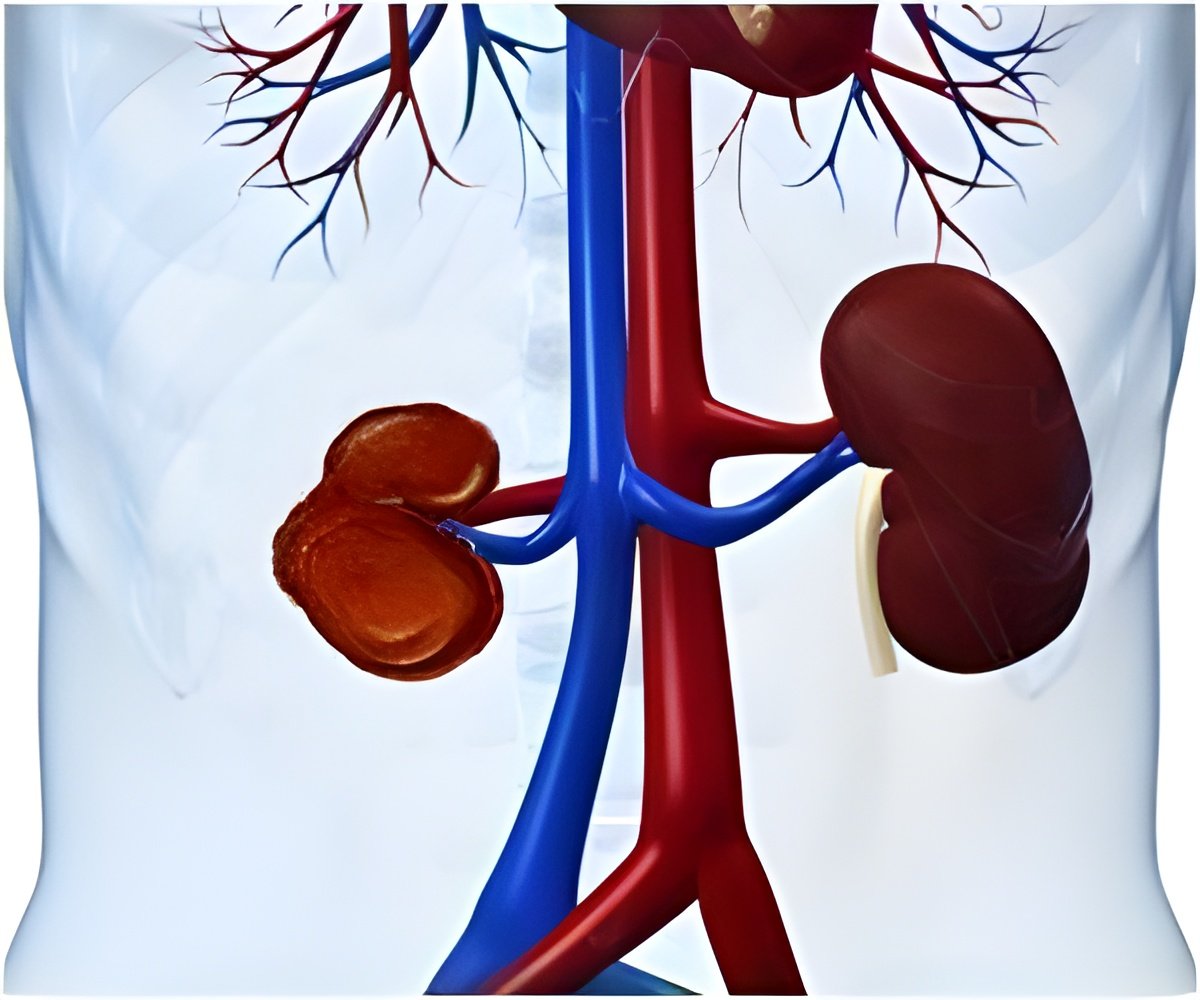
"In fact, low levels of bacterial endotoxins are often noted in the blood of individuals with advanced chronic kidney disease," Vaziri said. "However, the source and place of entry of these toxins were previously unknown."
Understanding the connection between CKD and tight junction disintegration, he added, could lead to novel treatments to curb this inflammation and its many adverse consequences. Study results appear online in the journal Nephrology Dialysis Transplantation.
It's estimated that nearly 25 million people in the U.S. have CKD, and more than 400,000 have end-stage kidney disease requiring dialysis. Many CKD patients develop accelerated cardiovascular disease – the primary cause of premature death in this population – linked to persistent inflammation.
"The relentless inflammation seen in chronic kidney disease has devastating effects on the cardiovascular system and other parts of the body," Vaziri said.
Intestinal microbes produce various compounds that, outside the gastrointestinal tract, can provoke inflammation without infection. The intestines normally prevent microbes, noxious microbial byproducts and other harmful material from entering the body's internal environment. Key to this containment are the cells lining the digestive system and a complex set of adhesive proteins that seal the space between them, much like grout between tiles.
Advertisement
Source-Eurekalert


![Pulmonary Arterial Hypertension [PAH] - Symptoms & Signs - Causes - Diagnosis - Treatment Pulmonary Arterial Hypertension [PAH] - Symptoms & Signs - Causes - Diagnosis - Treatment](https://www.medindia.net/images/common/patientinfo/120_100/pulmonary-arterial-hypertension-pah.jpg)












